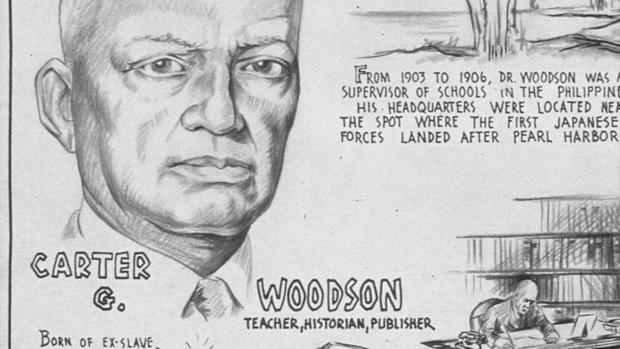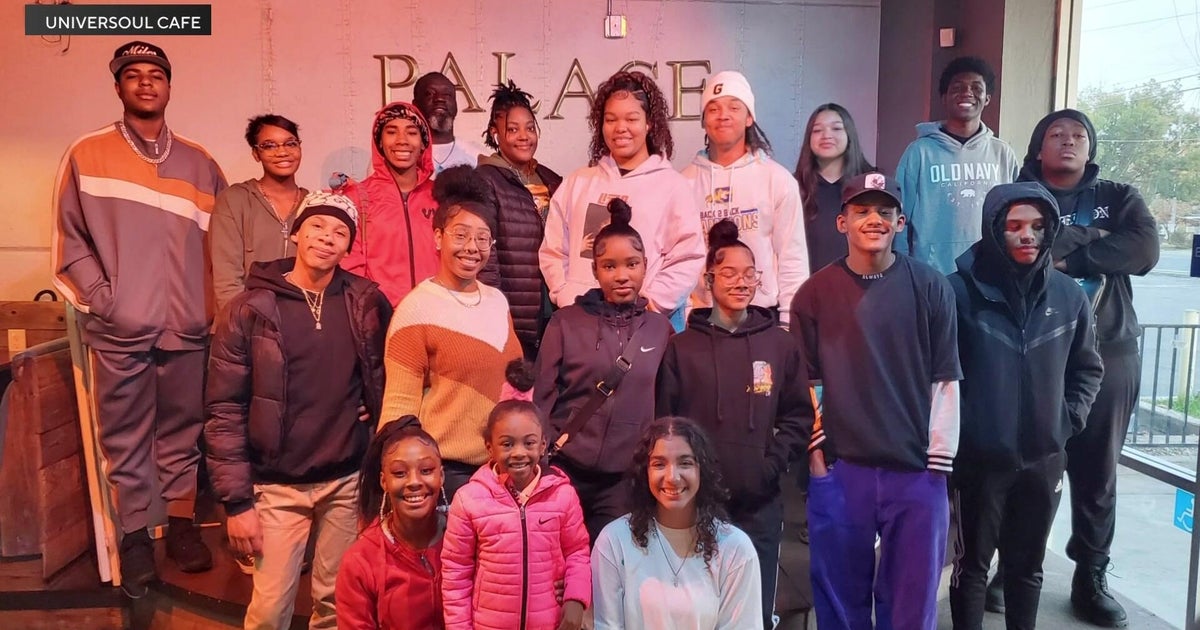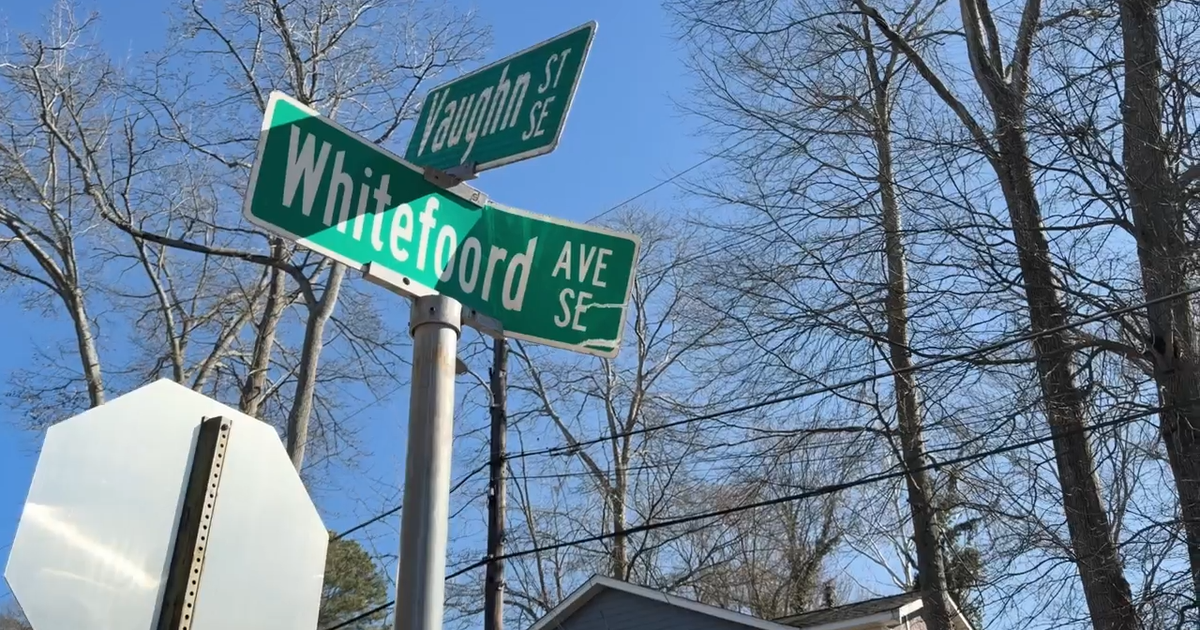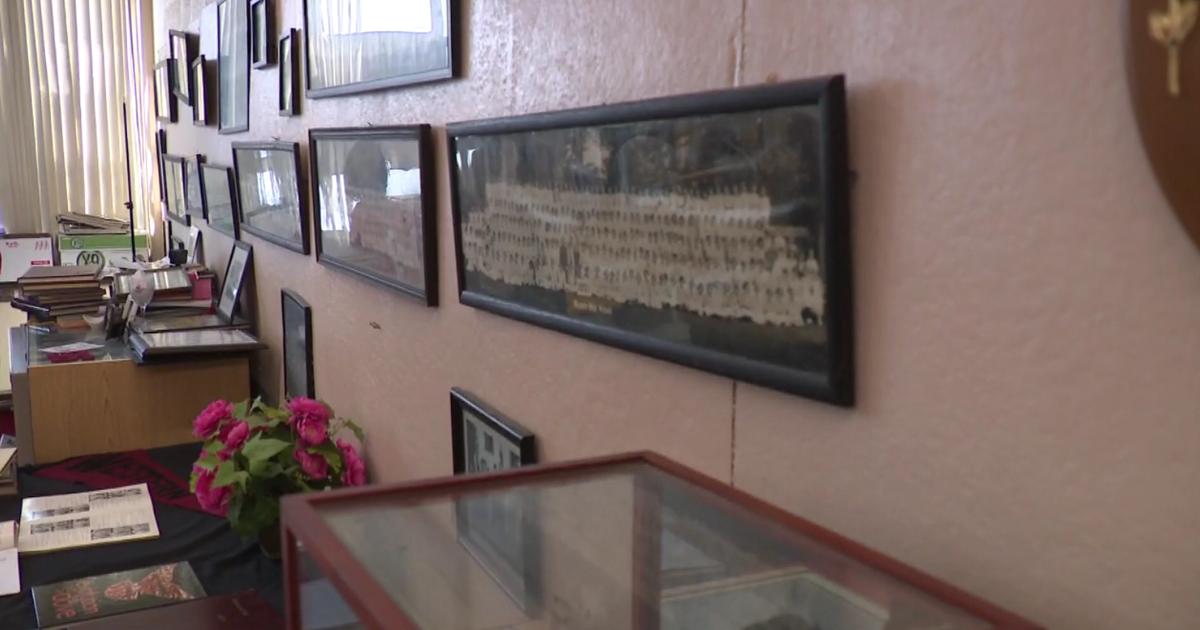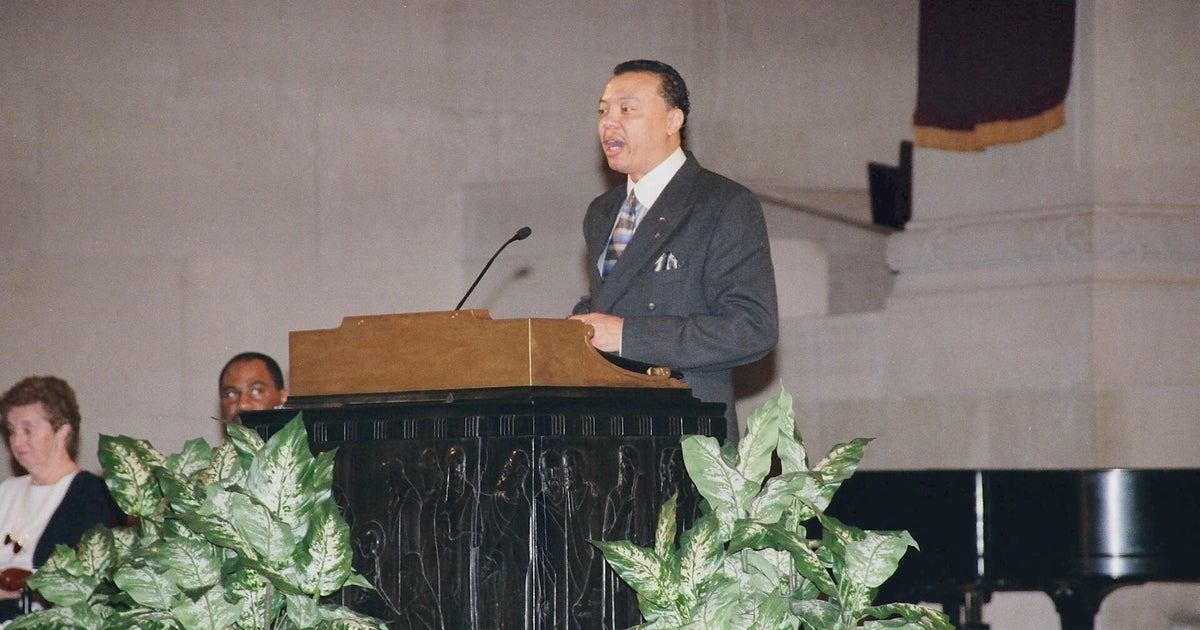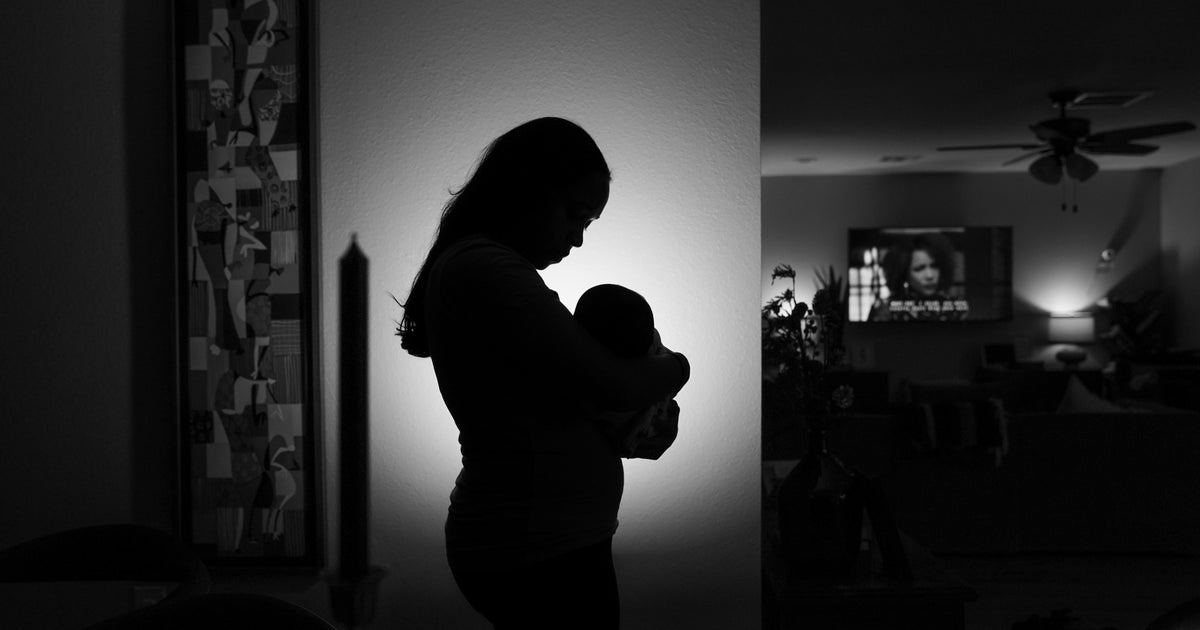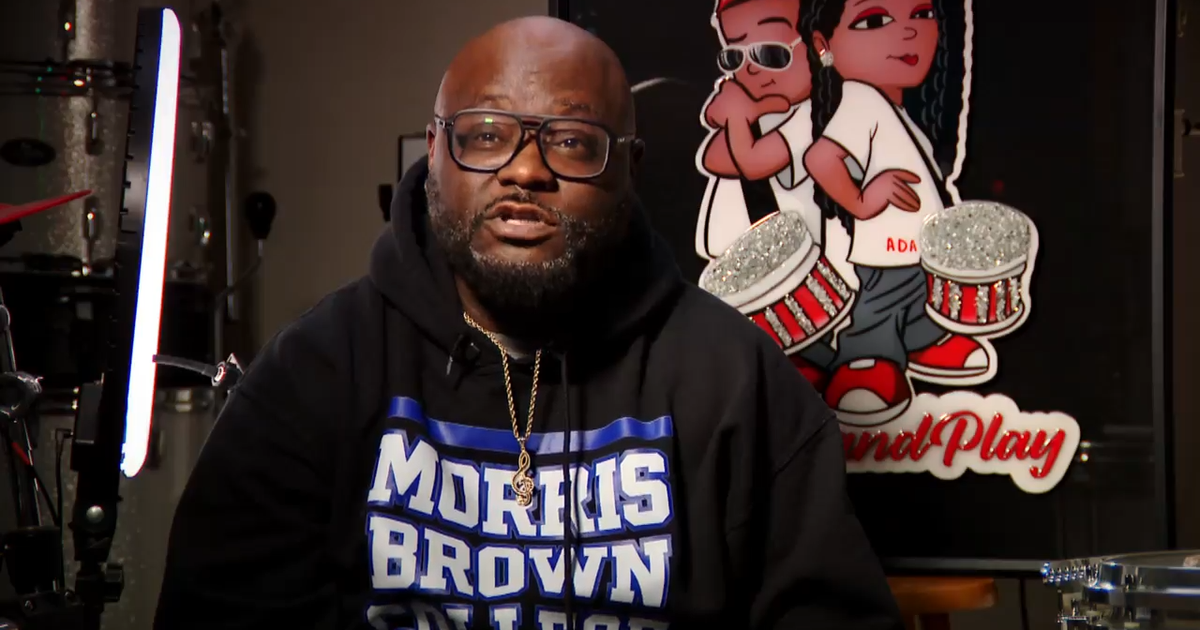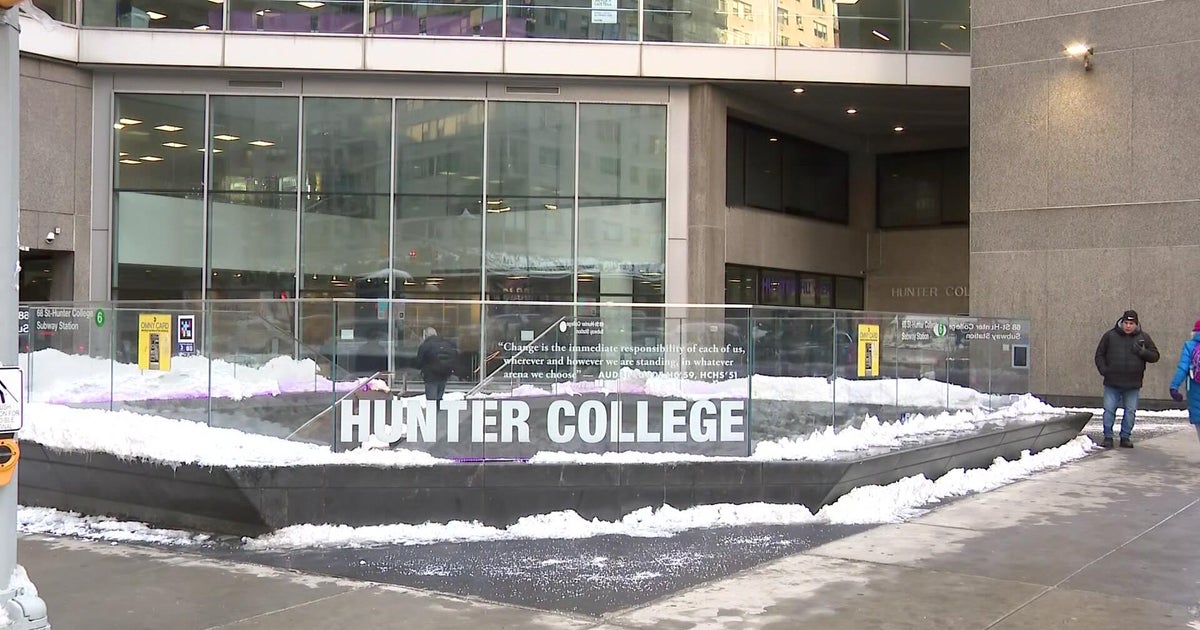Why is Black History Month celebrated in February?
BOSTON - It's a question often asked this month with an answer, not always known. Why is Black History Month in February?
"That's a great question, and it's a beautiful story," says Bithiah Carter, President and CEO of New England Blacks in Philanthropy. "There's so much about our history that is untold."
The origins start with a man named Carter G. Woodson. The future historian was born in 1875 to enslaved parents. He graduated from Berea College before coming to Boston.
"He graduated from Harvard University, second [Black person to receive a doctorate from Harvard] after W.E.B. Du Bois. He realized that our history was not told," explains Carter. "He created Negro History Week, and during that week he definitely and intentionally put it in that space [in February] because it was between Abraham Lincoln's birthday and Frederick Douglass's birthday."
He wanted the week to not only be celebrated in academia, but across the nation.
"It was being observed in the newspapers but getting it into the schools meant our children could learn their history from us," said Carter.
She went on to say that the movement started in schools in the south, but in the 1970s Kent State made it a full month.
"Then in 1979 Gerald Ford decided, 'You know what? Now that this has caught fire in the U.S., we should acknowledge this as a federal holiday," said Carter.
"I think the misnomer, or false narrative out there, is that it was chosen because it was the shortest month of the year, and that it is the only time to talk about Black history," said Dr. Noelle Trent, President and CEO of the Museum of African American history.
The museum has a long list of programming scheduled for February including a film festival in partnership with Showcase Cinemas. The event will show films relating to Black history. The museum itself includes Beacon Hill's African Meeting House which was built in 1806.
"A number of famous abolitionists spoke here like Frederick Douglass and William Lloyd Garrison. Garrison would later start his anti-slavery organization here in our basement," said Dr. Trent. "Every time a visitor comes, they are both occupying a place in the present, but also interacting with the past."
"There's a great quote by [Woodson] that says, 'If a race has no history, it has no worthwhile traditions, it becomes a negligible factor in the thought of the world, and stands in danger of being exterminated," said Carter.
If you have a question you'd like us to look into, please email questioneverything@cbsboston.com.

